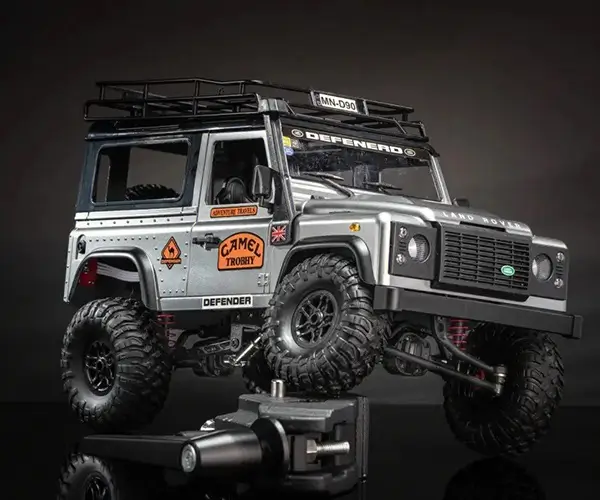When it comes to servo motors, one common question that pops up is whether they are AC or DC. It’s understandable – servo motors are a bit more complex than your average motor. But don't worry, we’ll break it down in a simple, relatable way. You’ll soon be able to spot the difference and choose the right motor for your project.

First, let’s talk about what makes a servo motor special. Unlike regular motors, which simply spin, a servo motor is designed for precision. It's used in applications where you need accurate control over speed, position, and torque. This is what makes them so useful in robotics, CNC machines, and even in things like camera autofocus systems.
Now, back to the AC vs DC question. Servo motors can indeed be either AC (Alternating Current) or DC (Direct Current). The key difference lies in how they get their power and how that affects their performance.
AC servo motors are generally more powerful and are often used in applications requiring high-speed operations, like industrial machinery. They are known for their ability to maintain consistent torque at varying speeds. This makes them ideal for larger systems where the motor needs to work continuously over long periods without overheating.
On the other hand, DC servo motors are usually smaller and more compact, which makes them great for applications where space is a concern, like in robotics or small automation systems. DC motors also have an edge when it comes to low-speed operations. They provide smoother starts and stops, and their torque remains constant across a wide range of speeds, which is important for precise control.
If you’re wondering which is better, it’s really about what you need the motor to do. AC motors shine in large-scale operations, while DC motors are often more suitable for small, precise, or battery-powered systems.
Here's the fun part – let's say you're working on a project where space is tight but you need precision. A DC servo motor might be just what you’re looking for. On the flip side, if you're designing something like an automated production line, an AC servo motor will likely give you the muscle and consistency you need.
But, not every situation is cut and dry. Some applications might even benefit from a combination of both. For example, a hybrid system that uses an AC motor for large tasks and a DC motor for fine control can offer the best of both worlds. It’s all about balance.
Choosing between an AC and DC servo motor can feel tricky, but think about your project’s needs: Do you need power? Speed? Precision? Once you’ve got that sorted, it’ll be a lot easier to pick the right motor for the job.
At the end of the day, servo motors are incredibly versatile, and they are built to work in all kinds of different environments. Whether it’s an AC or a DC, the right motor can take your project to the next level. The real question is, what do you need it to do?
Established in 2005, Kpower has been dedicated to a professional compact motion unit manufacturer, headquartered in Dongguan, Guangdong Province, China. Leveraging innovations in modular drive technology, Kpower integrates high-performance motors, precision reducers, and multi-protocol control systems to provide efficient and customized smart drive system solutions. Kpower has delivered professional drive system solutions to over 500 enterprise clients globally with products covering various fields such as Smart Home Systems, Automatic Electronics, Robotics, Precision Agriculture, Drones, and Industrial Automation.




































